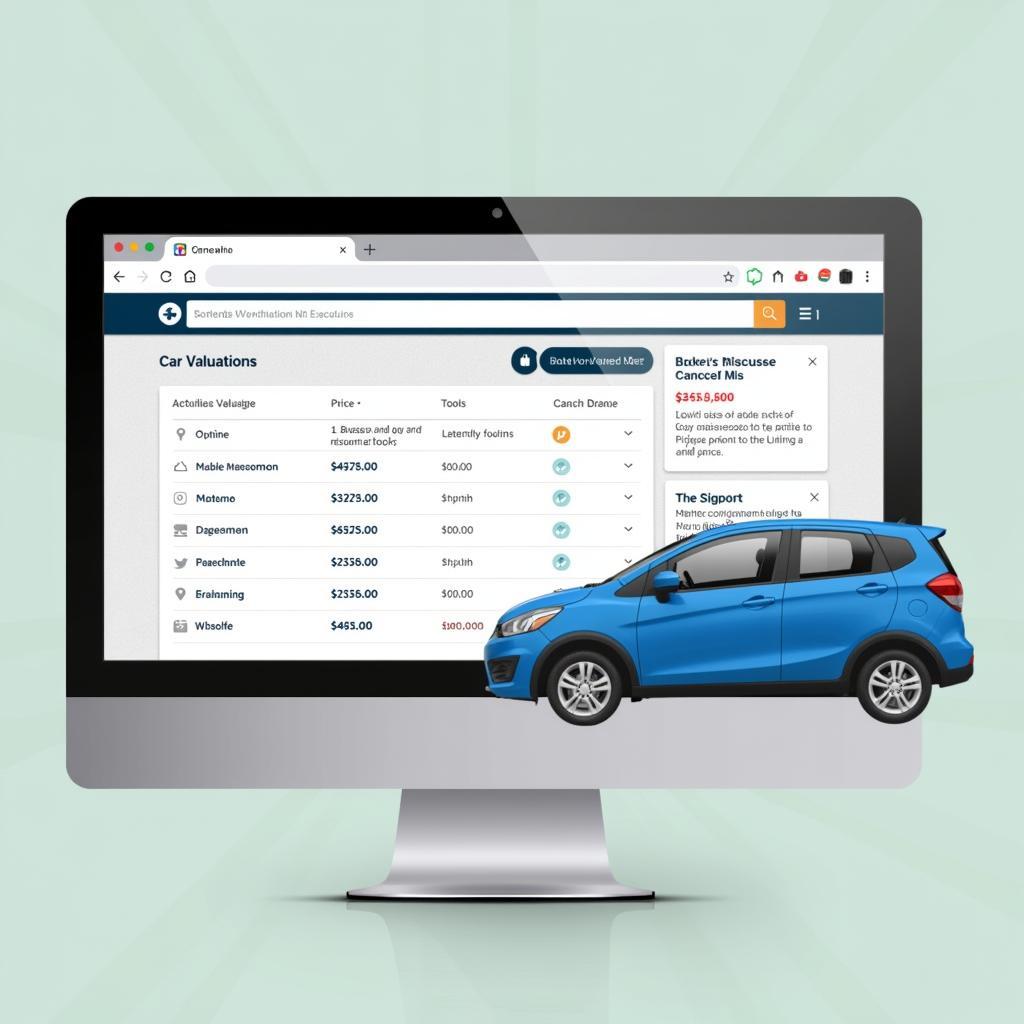Selling A Car With Brake Problems can be challenging. It requires careful consideration of ethical and legal implications, as well as practical strategies to maximize your return. This guide will provide you with all the information you need to navigate this process effectively.
Are you unsure about selling a car with engine problems? Check out this helpful resource: car with engine problems.
Understanding the Implications of Selling a Car with Brake Issues
Selling a car with faulty brakes presents several challenges. Firstly, it raises ethical concerns. Disclosing the issue is crucial for buyer safety. Secondly, legal ramifications vary by state, but undisclosed faults can lead to lawsuits. Finally, brake problems impact the car’s value, potentially lowering your selling price. Balancing these factors requires a strategic approach.
Assessing the Severity of the Brake Problems
Before deciding how to proceed, diagnose the brake issue. Is it a minor fix like worn brake pads, or a major problem like a failing master cylinder? The severity will dictate your options and the selling price. A thorough inspection by a qualified mechanic is highly recommended. This inspection provides a detailed report outlining the necessary repairs and associated costs.
Options for Selling a Car with Brake Problems
Several options exist for selling a car with brake problems, each with its pros and cons.
Selling As-Is
Selling “as-is” shifts the repair burden to the buyer. This attracts buyers seeking project cars or those mechanically inclined. Be transparent about the brake issues to avoid legal complications. This option typically results in a lower selling price but offers a quick sale.
Thinking about trading in your problematic car? This article might help: can you trade in a car that has mechanical problems.
Repairing the Brakes Before Selling
Repairing the brakes before selling increases the car’s value and attracts a wider range of buyers. While this involves upfront costs, the higher selling price can often offset the repair expenses. A pre-sale inspection after the repairs builds buyer confidence.
Selling to a Dealership or Junkyard
Dealerships and junkyards often purchase cars with mechanical issues, including brake problems. This provides a hassle-free way to sell your car quickly. However, expect a significantly lower offer compared to selling privately.
If you’re curious about selling to CarMax with mechanical issues, this article provides insights: will carmax buy a car with mechanical problems.
Disclosing Brake Problems: A Must-Do
Regardless of your chosen selling method, disclosing the brake issues is crucial. Transparency builds trust and protects you from potential legal repercussions. Clearly document the problems in writing and include them in the sales agreement.
Have you encountered car sales problems? Read about one user’s experience here: port dundas car sales problems.
Setting a Fair Price
When selling a car with brake problems, adjust the asking price accordingly. Research similar cars without brake issues to establish a baseline. Then, deduct the estimated repair cost from the baseline price. This provides a fair starting point for negotiations.
 Determining Fair Price for a Car with Brake Issues
Determining Fair Price for a Car with Brake Issues
Conclusion: Navigating the Sale Successfully
Selling a car with brake problems requires careful planning and execution. By understanding your options, being transparent about the issues, and setting a realistic price, you can navigate this process effectively. Remember, prioritizing safety and ethical practices is crucial. Contact AutoTipPro at +1 (641) 206-8880 or visit our office at 500 N St Mary’s St, San Antonio, TX 78205, United States for further assistance with selling your car with brake problems.
Do car salespeople often highlight problems with a car? Learn more here: car sales point out problems of car.




Leave a Reply